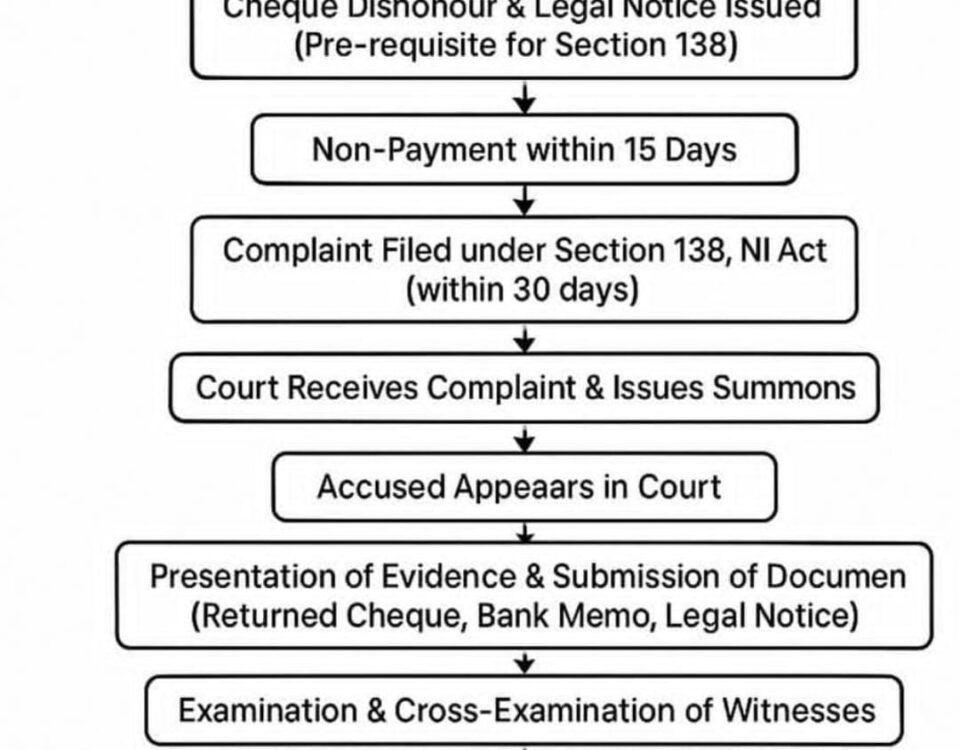- Top-rated Best Lawyer in Noida
- +91 96161-66166
- [email protected]

How to File a Child Custody Petition in India: A Step-by-Step Guide
May 22, 2025
Complete Step-by-Step Guide to the Divorce Process in Noida – Everything You Need to Know
May 28, 2025Domestic violence is a pervasive issue that extends beyond the immediate victims, leaving lasting impacts on those who witness it—particularly children. Growing up in an environment where violence is a recurring presence can profoundly affect a child’s emotional, psychological, and physical well-being. Understanding these effects is crucial for fostering awareness and promoting healing for young lives caught in the crossfire.
Emotional and Psychological Impact
Children exposed to domestic violence often experience immediate emotional turmoil. Fear, anxiety, and confusion become constants in their lives as they witness aggression between caregivers. This instability can erode their sense of safety, making it difficult to trust others or feel secure even in their own homes.
Younger children may struggle to articulate their emotions, leading to behavioral changes such as clinginess, bedwetting, or nightmares. Older children might internalize their distress, manifesting as withdrawal, depression, or low self-esteem. Studies show that children in violent households are at a higher risk of developing anxiety disorders or post-traumatic stress disorder (PTSD), with symptoms persisting into adulthood if left unaddressed.
Cognitive and Academic Consequences
Cognitively, domestic violence can impair a child’s development. The chronic stress of living in a volatile environment floods the brain with cortisol, which can hinder neural growth and impair memory and learning. School performance often suffers, as children may struggle to concentrate or engage due to preoccupation with home life.
According to the National Child Traumatic Stress Network, children exposed to domestic violence are more likely to face academic challenges, including lower grades and higher dropout rates. This cognitive toll can limit their future opportunities, perpetuating cycles of disadvantage.
Social and Behavioral Effects
Socially, these children may face difficulties forming healthy relationships. Witnessing violence can distort their understanding of love, respect, and conflict resolution. Some may replicate aggressive behaviors, believing violence is a normal response to disagreement, while others may become overly submissive, fearing confrontation.
This can lead to troubled peer relationships or, later in life, unhealthy romantic partnerships. Boys may be more prone to externalizing behaviors, such as bullying, while girls may internalize their pain, though these patterns are not universal. The lack of positive role models further complicates their ability to navigate social settings effectively.
Physical Health Implications
Physical health is another casualty of domestic violence. The stress of exposure can weaken immune systems, leading to frequent illnesses or chronic conditions like headaches or stomach issues. In extreme cases, children may become direct victims of violence, sustaining injuries that require medical attention.
Even when not physically harmed, the psychological weight of their environment can manifest in somatic symptoms, further compromising their well-being.
Long-Term Repercussions
The long-term effects are equally alarming. Children who grow up in violent homes are at a higher risk of perpetuating or experiencing abuse in adulthood. They may struggle with mental health issues, substance abuse, or difficulty maintaining stable employment.
However, the narrative doesn’t have to end in despair. Early intervention through counseling, safe environments, and supportive relationships can mitigate these effects. Schools, community programs, and therapy tailored to trauma can help children rebuild trust and resilience. Caregivers who leave abusive situations and seek help model strength, showing children that change is possible.
The Importance of Collective Action
Breaking the cycle of domestic violence requires collective action. Communities must prioritize resources for affected families, including shelters, legal aid, and mental health services. Educating society about the ripple effects of domestic violence can foster empathy and encourage early reporting.
By addressing the issue head-on, we can protect children from carrying invisible scars into their futures.
Read more: FIR under 498A Case Lawyer in Noida
Conclusion
The effects of domestic violence on children are profound, touching every aspect of their development. From emotional distress to cognitive setbacks and social challenges, the impact is far-reaching. Yet, with awareness, intervention, and support, we can help these children heal and thrive, offering them a chance to rewrite their stories.

